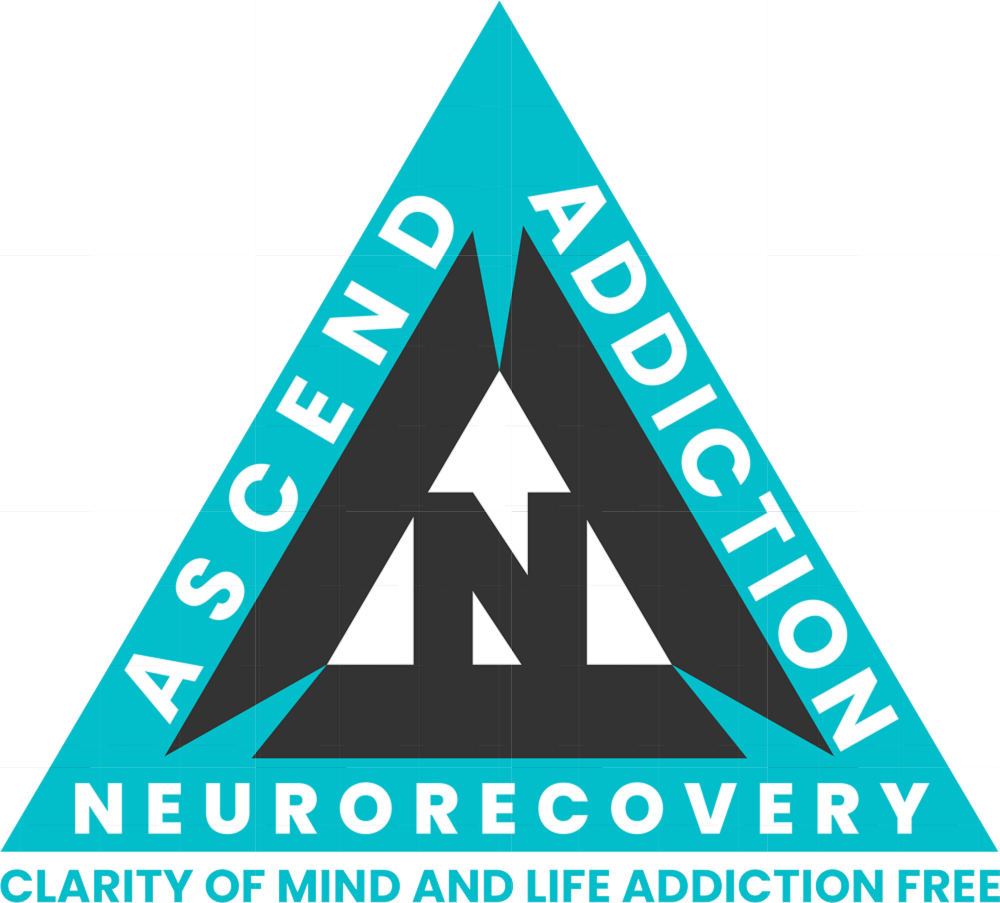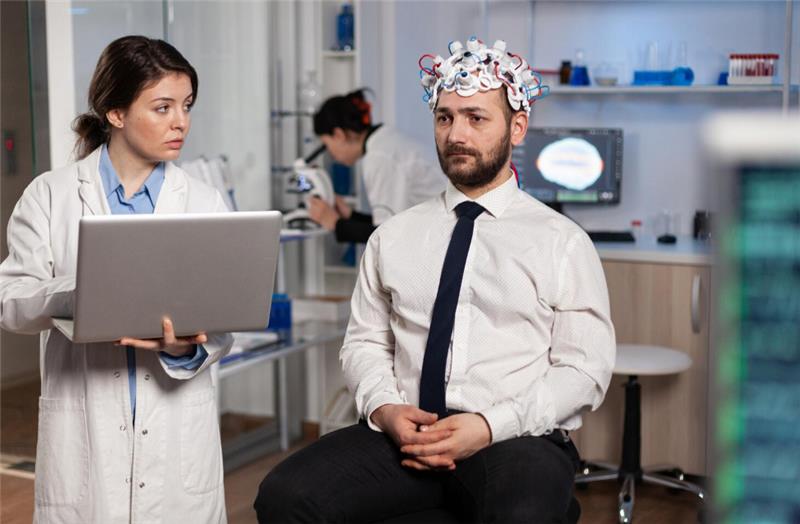
What if someone looks fine on the outside but feels lost on the inside? That’s the daily struggle for a high-functioning addict. They smile, go to work, pay bills, and keep up appearances. But inside? They’re stuck in a silent war with addiction. The worst part? It’s hidden. That’s why neuroplasticity exercises matter so much. They help a person quietly change without needing to hit rock bottom first. These tools help rewire your brain in small, easy steps. That’s the beauty of brain rewiring — it doesn’t shout, it whispers healing.
Can a brain truly change? Yes, it can. And when it does, something amazing happens. These gentle tools boost brain function, help you think clearly, and bring a deep sense of calm. Even people who are “doing okay” need help sometimes. So, why wait until things fall apart? With the right support and the right tools, anyone—even a high-functioning addict—can build a better tomorrow. Let’s find out how.
What Is a High-Functioning Addict Going Through?
Can someone look strong but feel weak inside? Absolutely. A high-functioning addict often shows no signs of struggle. They’re on time, they smile, they work hard. But deep down, they might feel anxious, tired, or afraid. So, what’s going on inside their brain? The answer is simple—old patterns. This is where neuroplasticity exercises come in. They work like a reset button for the mind.
Why is it so hard to quit harmful habits even when life looks fine? It’s because the brain keeps repeating the same thoughts. Brain rewiring breaks that cycle. It tells your brain, “You can do better.” Even if someone is handling life well, they still need a way to rewire their brain for peace and balance. These gentle exercises are like brain vitamins—they boost brain function without pressure or noise. So the next time someone says, “I’m fine,” maybe ask: Are you? Is your brain getting the care it needs?
How Do Neuroplasticity Exercises Help the Brain Heal?
Can thinking new thoughts fix old problems? It sounds simple, but it’s true. Neuroplasticity exercises help the brain change how it reacts, how it feels, and how it thinks. That’s called brain rewiring, and it’s powerful. What do these exercises look like? They can be as simple as deep breathing, journaling, meditation, or daily gratitude. Sounds easy, right? That’s the point!
Each time a high-functioning addict practices these exercises, they teach the brain a new way to live. And guess what? The brain listens. When you practice something healthy over and over, the brain starts to believe it. It begins to rewire your brain to feel safe and strong again. Over time, this also helps boost brain function—which means better focus, calmer thoughts, and clearer decisions. Isn’t it amazing how little things can make a big difference? Your brain is waiting.
Why Do These Exercises Matter So Much for High-Functioning Addicts?
What happens when you’re functioning… but not living? That’s the reality for many high-functioning addicts. They get things done but feel empty inside. So why are neuroplasticity exercises such a game-changer? Because they allow quiet healing. You don’t need to stop your life—you just need to start giving your brain better instructions.
Isn’t it exhausting to pretend everything’s okay? These exercises are like hugging your brain.
Through brain rewiring, they gently lead the mind away from addiction patterns. They show the brain new paths, and slowly, it follows. Each session helps rewire your brain to stop craving the things that hurt you. And as time goes on, they boost brain function so you can focus, sleep, and feel emotions without fear. Wouldn’t it be nice to feel joy again? Not fake joy. Real joy. The kind that comes when your brain is finally free. That’s what these tools offer—freedom without falling apart first.
Can You Break Free from Addictive Thought Loops?
Do the same thoughts keep playing in your head like a broken song? For many high-functioning addicts, the hardest part isn’t saying no—it’s stopping the brain from saying yes. But what if you could change that loop? That’s where neuroplasticity exercises shine. They help you break free from those repeating thoughts. These exercises guide your brain to make new connections. That’s what brain rewiring is all about. Instead of reacting the same way every time, your brain learns to pause, breathe, and choose better.
Imagine waking up and not being trapped in old habits. Imagine feeling calm instead of craving. That’s what happens when you rewire your brain. And yes, it’s possible. Also, did you know these tools boost brain function? That means more energy, better memory, and stronger willpower. The best part? It doesn’t take hours. A few minutes a day can make your brain feel brand new. So, are you ready to tell your brain, “Let’s try something different”?
What’s the Easiest Way to Start Healing Through Neuroplasticity?
Do you think healing has to be big or dramatic? It doesn’t. For a high-functioning addict, small steps are perfect. That’s what makes neuroplasticity exercises so helpful. You can do them at home, at work, or even during a quiet moment. Just 5–10 minutes a day is enough to begin.
What kinds of things can you do? Try focusing on your breath for one minute. Or say something kind to yourself. Or write down three things you’re grateful for. These are tiny habits—but they have a big impact. They are part of brain rewiring, and each one helps rewire your brain gently and safely. These small practices boost brain function over time. You’ll start to feel more balanced, clear, and hopeful. You don’t have to fix everything at once. You just have to begin. So, when is the best time to start? Today sounds pretty good, doesn’t it?
Conclusion: Ready to Begin a Brighter Future?
Why keep pretending everything’s okay when it can truly be okay? A high-functioning addict deserves healing just as much as anyone else. With the help of neuroplasticity exercises, real change is not only possible—it’s peaceful. These tools guide the mind toward healthier thoughts and give the brain a fresh chance to grow. Through steady brain rewiring, even the busiest mind can slow down and find peace.
Every time you rewire your brain, you build a stronger, calmer version of yourself.
These gentle steps don’t just help—they boost brain function, too. That means you think better, feel stronger, and live freer. So, where do you begin? Right here, with support that understands you. Ascend Addiction NeuroRecovery offers a science-based, compassionate program that uses Neuroplasticity Based Therapy to help substance addicts—especially those who are still holding it together on the outside. If you or someone you love is ready for real, lasting change, reach out to Ascend today. A new life doesn’t have to wait. The brain is ready. Are you?








